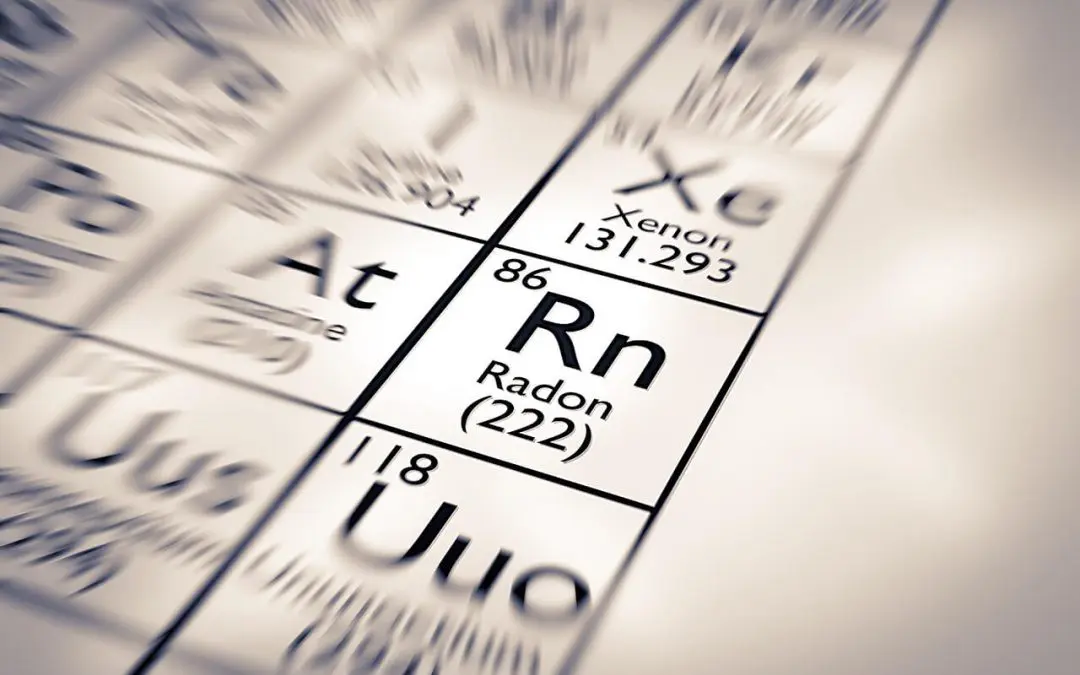The issue of poor indoor air quality is increasingly gaining attention. A strong focus is on obvious pollutants, such as pet dander, dust, mold, and other contaminants. However, there are other dangers that may be in your home right now that could cause serious health issues and that you may be unaware of.
Elevated radon levels can harm your family’s health and require immediate attention. Understanding what to do if your home has elevated radon levels is critical. January is National Radon Action Month, so find out if your home has elevated radon levels by having it professionally tested.
Why You May Have Elevated Radon Levels in Your Home
Radon is an element found in the ground soil and rock all over the country. Radon can enter the home and become trapped. Many homes today are more well-sealed than homes in previous decades, which is good for energy efficiency but can affect indoor air quality. This includes the potential of having elevated radon levels in your home. These tips will guide you through the mitigation process.
1. Focus on the Source
When uranium in the ground soil decomposes, it breaks down into radon. Radon gas drifts upward out of the soil and can enter your home through gaps around pipes or in the foundation, cracks in the basement walls, and through well water. Your mitigation efforts must address the source of the problem so that radon cannot continue to enter your living space. It’s important to seal these cracks and take any other necessary steps to prevent elevated levels of radon.
2. Hire a Professional Mitigation Expert
While many homeowners enjoy working on home repair and improvement projects themselves, this is a serious project that needs to be handled professionally. If you do not use the right techniques or strategies, you may think you have fixed the problem and your home is still at risk. A convenient way to locate an experienced radon mitigation consultant is to search for one on the National Radon Safety Board website.
3. Choose the Right Mitigation Effort
While preventing more radon gas from entering the home is essential, you also need to remove the gas currently in your home. Your mitigation expert will analyze your home and recommend a mitigation method to address the elevated radon levels in your home. These may include measures like the use of a sub-slab depressurization system, block wall suction, or a sump pump.
4. Focus on the Future
Even when you take steps to prevent more radon from entering the home and invest in radon mitigation, elevated radon levels may occur again in the future. It is important to have your home tested for radon periodically by a professional to receive accurate results, even after your home has been mitigated.
If you have recently discovered you have elevated radon levels, rest assured that you can address this situation head-on and remove the radon. Use these tips to reduce elevated levels of radon in your home and to protect your family’s health.
HomeVantage Home Inspections offers professional radon testing and other home inspection services to Northern New Jersey. Contact us to have your home tested for radon.

